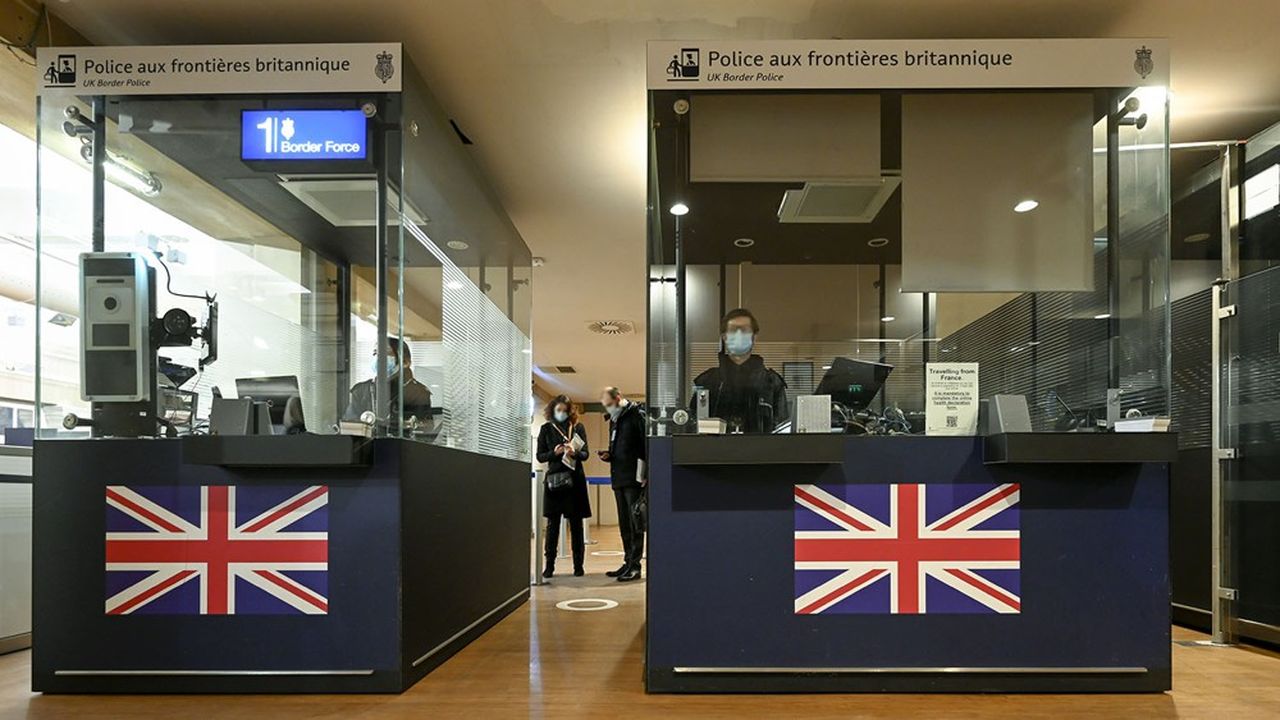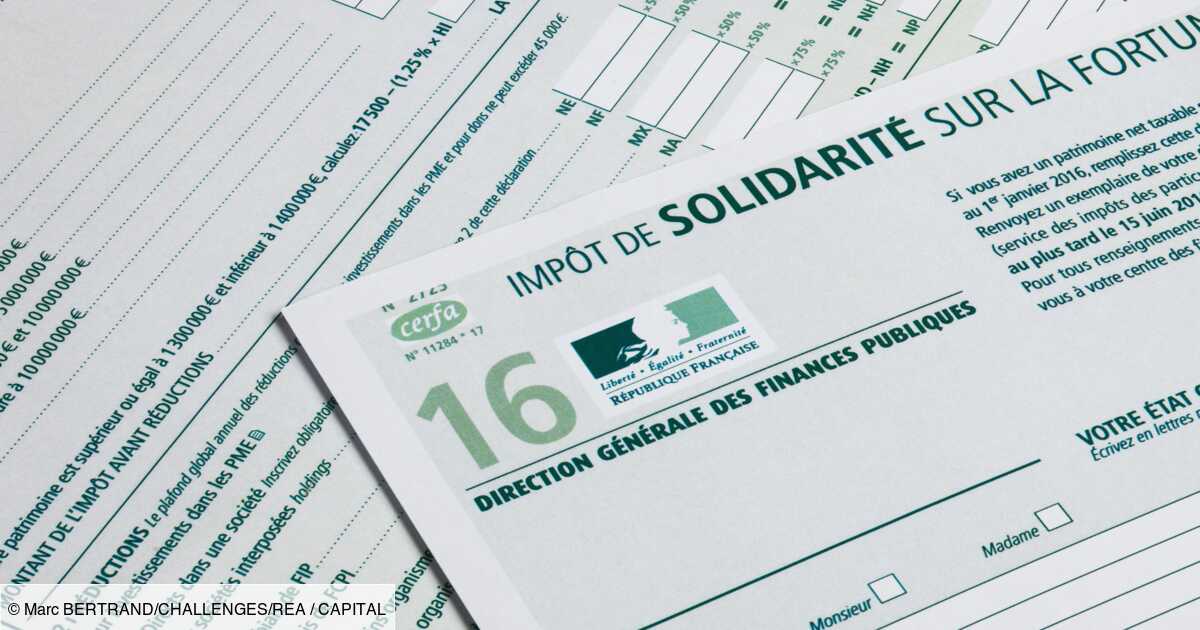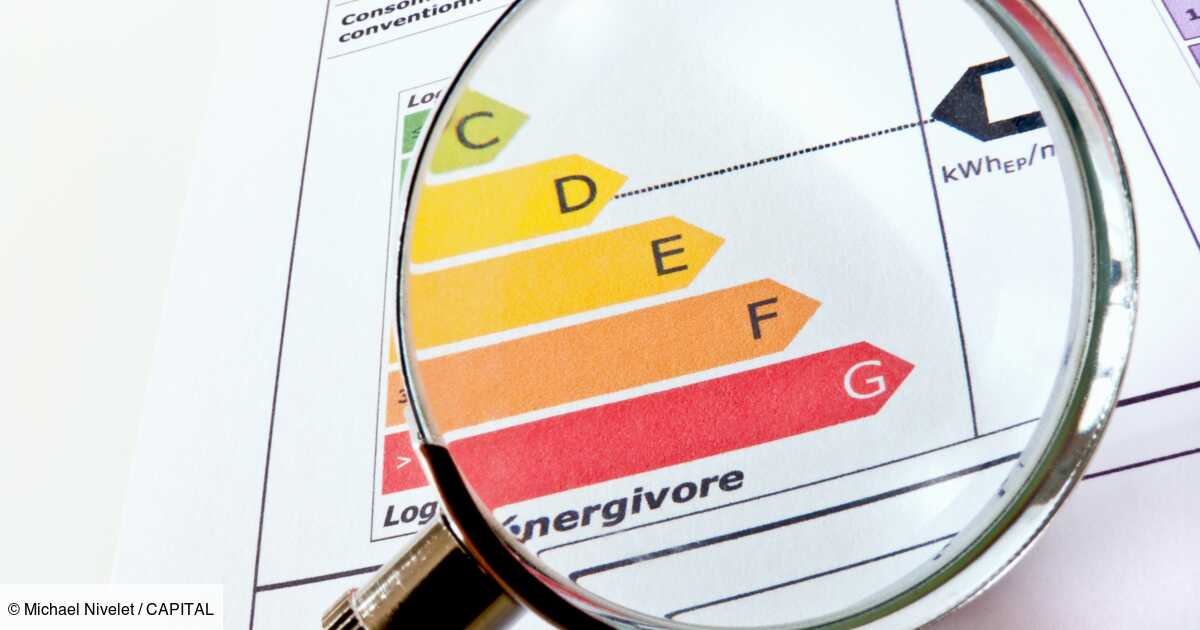
Continental European nationals wishing to travel to the UK will soon have to pay £10 and apply for an “Electronic Travel Authorisation” (ETA). This system, introduced as part of the digitalisation of the UK’s border, is already applied to nationals of seven Gulf countries: Qatar, Bahrain, Kuwait, Oman, the United Arab Emirates, Saudi Arabia and Jordan.
It will apply to Europeans from April 2, 2025. For a stay of up to six months, they will be able to start applying for the document on March 5, says the British government’s communication this week. Previously, 40 non-European countries and territories including the United States, Japan, Australia and Israel will also be affected, from January 8.
About forty countries first
This type of system, implemented by many countries, including those of the European Union, is modelled on the American Esta, which is remembered above all by those who miss their plane because they forgot to do it before going to the United States… or who were fooled by finding an intermediary online pretending to be official, but who charges more than American customs.
Since Brexit was implemented in late 2020, four years after the referendum, citizens of the European Union and the United Kingdom have been subject to more stringent passport checks, which may have led to longer queues.
Starmer’s Immigration Secretary Seema Malhotra said: “Digitisation provides a smoother experience for the millions of people who cross the border each year, including the visitors we warmly welcome and who are expected to contribute £32 billion to our economy this year.”
She said the system demonstrates “London’s commitment to greater security through technology and the development of a modern immigration system.” Those who need a visa because they come from a country that requires one or are planning a longer stay to study, work or live will now be issued an electronic visa.
In the European Union too
The digital travel authorisation will be valid for two years or until the passport’s validity date, whichever is earlier. It is also required for travellers transiting through UK airports. In this regard, Thomas Woldbye, the head of Heathrow, estimated that the ETA, for the seven Gulf countries affected so far alone, had caused the loss of 90,000 travellers transiting through his airport, a “devastating” effect, according to him.
In the other direction, the new computerized system for controlling the entry and exit of international travelers at the borders of the Schengen area of the European Union, aka EES (Entry/Exit System) will come into force on November 10, and is worrying French train stations and airports. According to the Mayor of London, Sadiq Khan, the implementation of the EES at the Eurostar station at Saint-Pancras could result in hours of waiting, knowing that the French authorities have only planned to install 24 terminals there for 12,600 daily passengers.
In 2025, the EES will be joined by the ETIAS (European travel information authorisation system): a travel authorisation for the 30 countries of the Schengen area, which must be requested in advance. And which will cost 7 euros.





